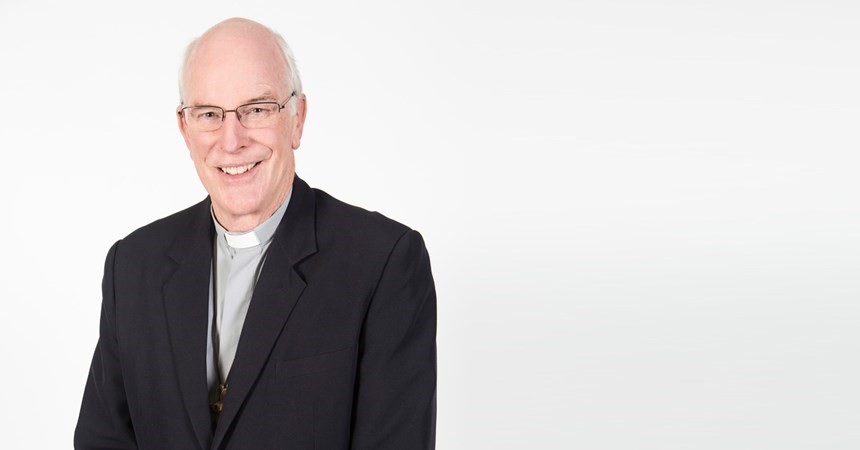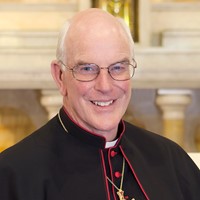Okay, this sort of thing is not entirely new. But we do seem to be making a habit of it lately. My concern is that we are spending more and more time with governments in power that are rather different from the government the people voted for. Certainly, changing leaders is not the same thing as changing a government, but when the new leader substantially changes the cabinet as well and the new ministers start announcing changes in direction to boot, we’re getting close to ‘regime change’; and changing governments is properly the prerogative of the people.
One recent change in government policy, unrelated to the leadership change, is very welcome, however. The announcement that Australia will take 12,000 refugees from the Syrian conflict has, I think, been a great relief to many Australians. It came in the stumbling, hesitant manner that marks any shift in our asylum policies. ‘We’ll take 10,000. No, no. Hang on. Make it 12,000. But they’ll be Christians. No, hang on, that won’t do. They’ll be from any persecuted minorities.’ After so many years of promoting the idea that accepting refugees is a terribly dangerous thing for the country to do, it took a few false starts before the government realised that the people actually wanted to help these poor people, actually wanted us to do something decent. Anyway, we got there. Australia will play at least a small part in resolving a massive human crisis. It is a start.
At the end of the Second World War the country did rather more. There were initially more than 8 million ‘displaced persons’ in camps in Europe. Most of them were able in time to return to their homelands, but over 3 million were left with no place to go. Australia gave a very significant lead at the time, when Chifley’s government agreed to resettle 100,000 displaced persons here. Australia then was a much smaller country, of course, and, after the war, a much poorer one. Still, we actually managed to resettle 170,000 displaced persons between 1947 and 1952, while simultaneously repatriating our own soldiers and prisoners of war and accepting a large part of the 2 million immigrants who flowed into the country by the mid-1950s. It was a remarkable achievement for a small nation and, just quietly, it set us up for the great boom in prosperity that marked the late 1950s and ‘60s. We can do this stuff.
So, 12,000 refugees from Syria is a start. It is profoundly disappointing that government still feels the necessity to reassure the electorate that nothing has changed in regard to ‘boat people’. Not one single asylum seeker from our detention centres on Nauru or Manus Island will be resettled in Australia! Why not? They have actually come to us for safety and refuge, but we refuse them while we assist European governments with refugees who have gone to them. Am I missing something here? Is the desperation required to sail across the Mediterranean so much greater than the fear and despair that drives people into boats to Australia? There has long been a bizarre quality to our policy on asylum seekers. Our acceptance of some Syrian refugees has not rendered it any less bizarre or inconsistent, but simply a little more hopeful.
In some ways, the issues of our rotating Prime Ministers and our policies on refugees are related. Both reflect the pre-eminence in our national life of slogan and image politics. The political cycle is short in Australia and the next election is always on the horizon. Governments are excessively responsive to polls and to finding the next quick fix that might turn around their popularity problems of the day. We talk about the need for sustained national debate on the great issues, but we too often forestall any such hard thinking by re-focusing the political agenda on personalities or quick gestures towards the people’s current mood.
The Australian bishops have just released a Social Justice Statement on asylum seeker policy, For those who’ve come across the seas... It invites us to think more deeply about the issues and principles involved in our dealing with the present world crisis of such vast masses of people forced into fleeing their homelands. It invites us to think more about who we are and what we stand for in the world. It gets us a bit beyond slogans and gestures as proper responses to these great issues. Dare I say it invites us to be part of a proper ‘national debate’ on a great issue? I commend to everyone the not-so-terribly arduous task of reading the statement and thinking about it.

